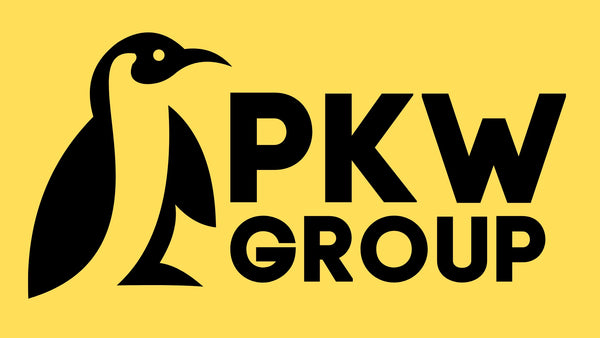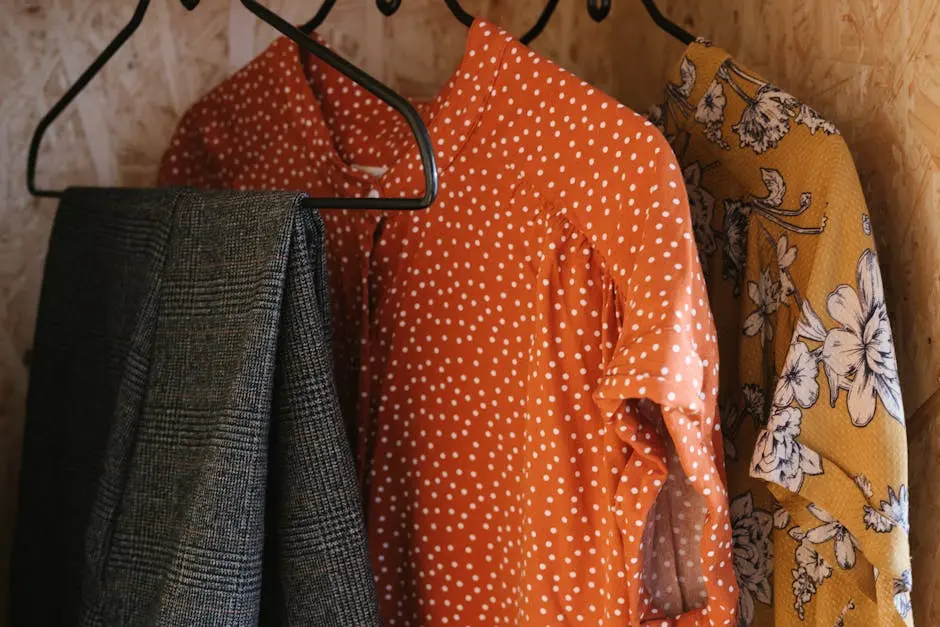
7 Advantages of Purchasing Baby Clothes in Bulk for Your Retail Store
Share
In the ever-evolving world of retail, purchasing baby clothes in bulk presents a myriad of benefits for store owners. From cost savings to maintaining a diverse inventory, the advantages are numerous and impactful. In a landscape where consumer demands and inventory management can make or break a store, understanding these benefits can be the key to success. Let’s explore the seven significant advantages that make bulk purchases of baby clothes a wise choice for retail stores.
1. Significant Cost Savings
Purchasing baby clothes in bulk isn’t just about filling your stock room; it’s an intentional strategy to cut costs. Consider the simple economics: buying in larger quantities often secures a lower price per unit, trimming down the cost of goods sold. This edge in pricing isn’t just beneficial for your margins; it’s a competitive advantage in pricing strategies. Retailers can leverage these cost savings in various ways, either by boosting profit margins or by offering attractively priced deals to customers, fostering loyalty and repeat business.
Moreover, embracing bulk purchases can open the door to negotiations with suppliers. Suppliers are likely to offer better rates or advantageous terms when dealing in larger volumes, which can further diminish the cost of inventory. This scenario creates a win-win situation where both parties benefit: retailers secure their stock at competitive rates, and suppliers enjoy steady, bulk orders.
2. Streamlined Inventory Management
The logistics of inventory management can often feel like balancing plates on spinning poles – it takes skill, precision, and a fair amount of stress management. Bulk purchasing simplifies this intricate dance by reducing the frequency and complexity of restocking processes. Instead of constant small orders that keep management on their toes, larger, less frequent purchases make stock levels more predictable and management less time-consuming. This streamlined process not only saves time but also cuts down on the operational costs associated with placing and receiving orders.
3. Improved Supplier Relationships
Frequent, large-scale orders foster an environment ripe for nurturing strong supplier relationships. This rapport is crucial in the retail industry, where the reliability of supply chains directly impacts business success. By establishing trust and mutual benefit through consistent bulk purchases, retailers can enjoy a slew of advantages. These perks often include priority treatment, such as earlier access to new product lines or flexibility during unforeseen supply chain disruptions, which can be a lifeline in maintaining inventory during peak shopping seasons.
4. Greater Consistency in Quality
One of the key components of customer satisfaction is consistency, especially when it comes to the quality of baby clothes. Parents, expecting a certain standard, can become loyal customers when they’re assured their expectations will consistently be met. Bulk purchasing plays a pivotal role in this aspect by enabling retailers to maintain a uniform quality across their inventory. Working closely with a single supplier or a select few ensures that the products meet a specified standard every time, reinforcing customer trust and satisfaction.
5. Enhanced Ability to Meet Customer Demand
Imagine never having to tell a customer, ‘We’re out of stock.’ Bulk purchasing makes this ideal a nearer reality. By having a robust stock, retailers can swiftly respond to fluctuations in demand, especially during high seasons or promotional events. This readiness not only prevents potential sales loss but also enhances the customer’s shopping experience. Shoppers are more likely to return to a store where their needs are consistently met, establishing a foundation for loyalty and repeat business.
6. Opportunities for a Diverse Inventory
Buying in bulk does not mean sacrificing variety for volume. On the contrary, the cost savings achieved through bulk purchasing can empower retailers to diversify their inventory. With the right strategy, store owners can introduce a broader range of baby clothes, including seasonal pieces, trending styles, and exclusive lines. This diversity not only caters to a wider clientele but also encourages customers to explore new products, increasing the chances of impulse buys and upselling opportunities.
7. Environmental Benefits
The conversation around sustainability and environmental responsibility is louder than ever, and retail practices are not exempt from scrutiny. Bulk purchasing aligns with eco-friendly initiatives by reducing the amount of packaging and transportation required for smaller, more frequent orders. Retailers can capitalize on this by marketing their store as an eco-conscious choice, appealing to a growing segment of consumers who prioritize sustainability in their shopping habits. This approach not only benefits the planet but can also enhance the store’s image and appeal.

